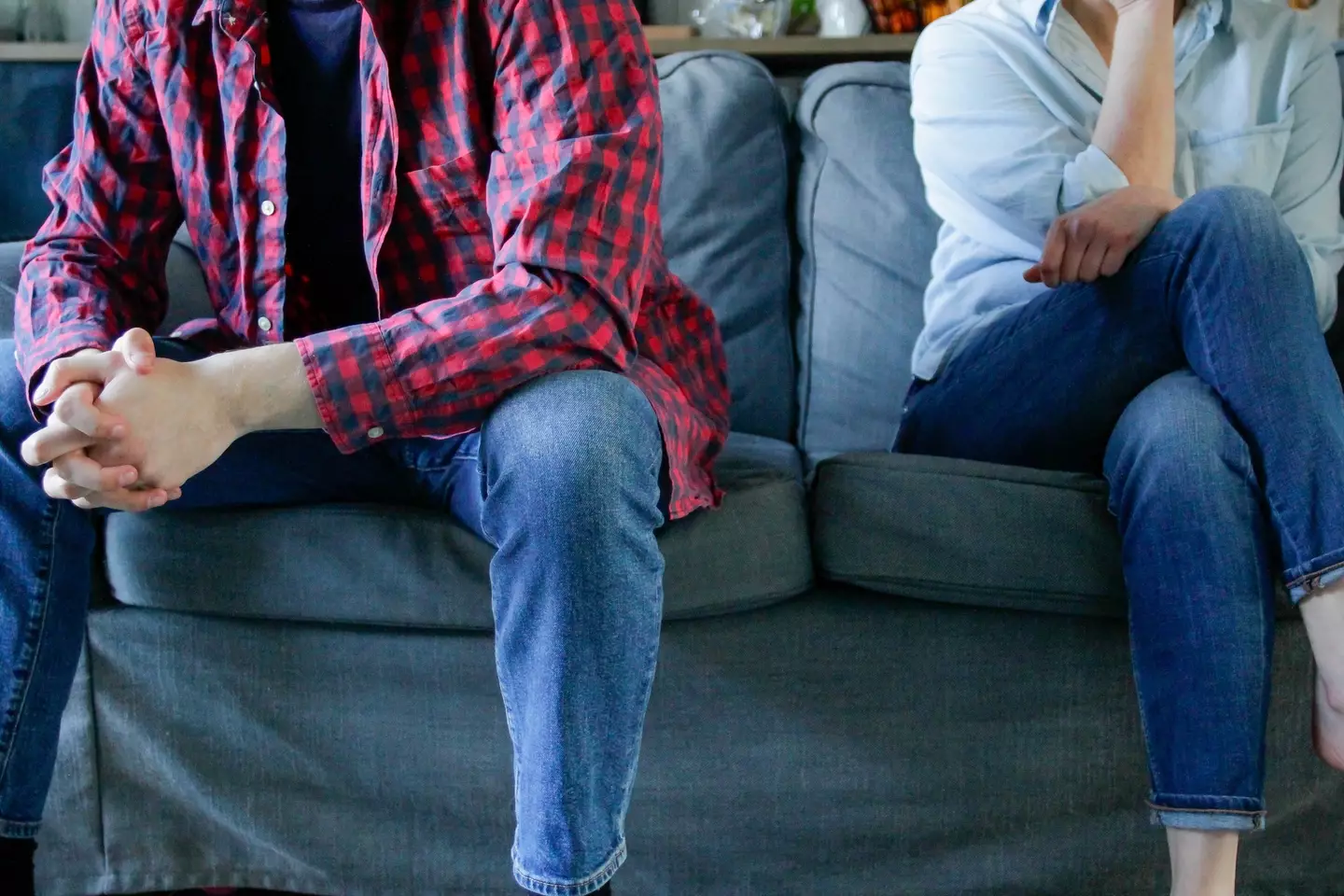A therapist has highlighted warning signs that indicate when a relationship might be turning toxic and what to watch out for.
While arguments and disagreements are a normal part of any relationship, what exactly defines a ‘toxic relationship’?
How can we recognize when this behavior starts to manifest?
According to Calm, a toxic relationship is ‘one that consistently undermines your sense of wellbeing, happiness, and, at times, safety’.
They describe it as having a ‘continual pattern of emotional harm, disrespect, and manipulation’ which can affect an individual’s mental and emotional health.
So, how can you tell if your relationship is becoming toxic?

Many toxic relationships don’t begin as such, but a key indicator of an unhealthy dynamic is how conflicts arise.
In a toxic relationship, disagreements can start unexpectedly.
“Imagine feeling like you have to tiptoe around certain topics or situations because you’re worried about setting off the other person,” Brooke Keels, chief clinical officer of Lighthouse Recovery in Texas, shares with Women’s Health.
“It’s as if you’re always on alert, trying to avoid a fight that might be brewing beneath the surface.”
The anxiety over how a partner may respond often leads individuals in toxic relationships to have difficulty setting boundaries.
“This fear usually comes from worrying about how the other person will react, whether they’ll dismiss your feelings, or even belittle you for expressing them,” Keels notes.
“Over time, this can make you feel like your voice doesn’t matter and can lead to a loss of confidence.”

Gaslighting is a type of emotional abuse where the victim is given false information, causing them to doubt their memory and understanding of events.
The term originates from a 1938 play, Gas Light, where a husband repeatedly dims the lights in their home, then denies any change occurred.

Keels explains: “In a toxic relationship, this might look like the person denying they said something that upset you, telling you that you’re overreacting, or making you feel like you’re the one at fault for things going wrong.”
Gaslighting can develop slowly in a relationship, but over time, abusive patterns become apparent.
As a result, the victim often becomes more dependent on the abusive partner, making it harder to leave the relationship.
For assistance, support, and advice, you can contact the National Domestic Violence Hotline here.

